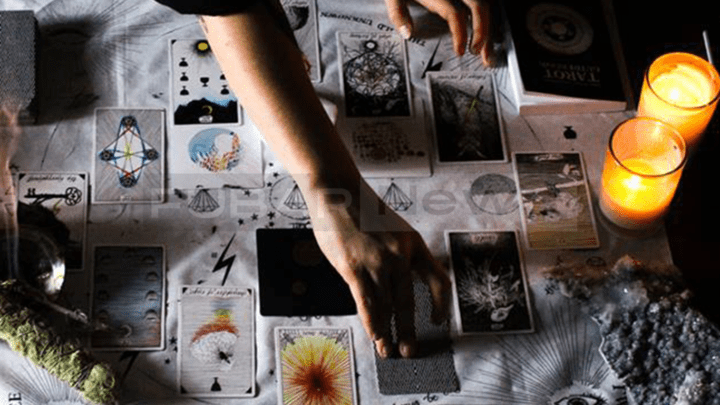The mystical world of tarot readings has intrigued people for centuries. These readings, which use a deck of tarot cards, are sought after for guidance, self-reflection, and insight into one’s life journey. Tarot is a tool for personal exploration and understanding, and its process is both fascinating and unique. This article aims to explain how tarot works, the significance of the cards, and what to expect during a reading, making it understandable for anyone curious about this ancient practice.
1. The Basics of Tarot and Its Historical Background
Tarots involve a deck of 78 cards, each with its imagery, symbolism, and story. The tarot deck is divided into two main sections: the Major Arcana, consisting of 22 cards that represent life’s karmic and spiritual lessons, and the Minor Arcana, comprising 56 cards that reflect the trials and tribulations of daily life. Historically, tarot cards were used for playing games in Europe, but over time, they evolved into a tool for divination. Each card in a tarot deck has a specific meaning, which can vary slightly depending on the deck’s design and the reader’s interpretation.
2. The Structure and Significance of Tarot Cards
Understanding the structure of the tarot deck is key to comprehending a reading. The Major Arcana cards are significant as they represent larger life themes and experiences. Cards like The Fool, The Lovers, and Death signify major life events and changes. The Minor Arcana cards, divided into four suits (Cups, Pentacles, Swords, and Wands), deal with everyday issues. Each suit corresponds to a different aspect of life, such as emotions, material matters, intellect, and creativity. The numbered cards in each suit reflect different situations within these areas, while the Court Cards represent people or certain traits.
3. Preparing for a Tarot Reading
Before a tarot reading, having a clear mind and possibly specific questions or areas of life you want to explore is beneficial. While some tarot readers prefer clients not to share too much information upfront, others may ask for context to tailor the reading more closely to the individual’s situation. It’s essential to approach the reading with an open mind and readiness to reflect on the insights offered. While tarot can offer guidance, it does not predict a fixed future but presents possibilities based on current circumstances.
4. The Process of a Tarot Reading
During a tarot reading, the reader will shuffle the deck and lay out a specific number of cards in a particular arrangement, known as a spread. Each position in the spread has a meaning and relates to different aspects of the question or issue. The reader will then interpret each card, considering its standard meaning and how it relates to the other cards in the spread and the specific context of the reading. The interpretation of the cards is often intuitive and can vary from reader to reader.
5. Interpreting and Integrating the Insights from a Reading
After a tarot reading, processing and reflecting on the insights is important. The messages conveyed in the cards can serve as guidance, offering new perspectives or affirming your intuition. It’s important to remember that tarots are not about absolutes or definitive answers but rather about exploring possibilities and potential paths. Reflecting on the reading can clarify, help decision-making, and encourage personal and spiritual growth.
Trusted Psychics states, “Tarot readings are often sought by people looking for answers to life’s most pressing questions. They believe the tarot cards can help them better understand their situation and make more informed decisions.”
Tarots are a fascinating way to gain insights into life’s challenges and opportunities. Understanding the basics of tarot, the significance of the cards, and the reading process can enhance the experience and the insights gained. Whether seeking guidance, self-understanding, or simply curious about the tarot, a reading can be a meaningful and enlightening experience. Remember, the true value of a tarot reading lies in its ability to help you reflect on your life from a new perspective and empower you to make informed choices.


